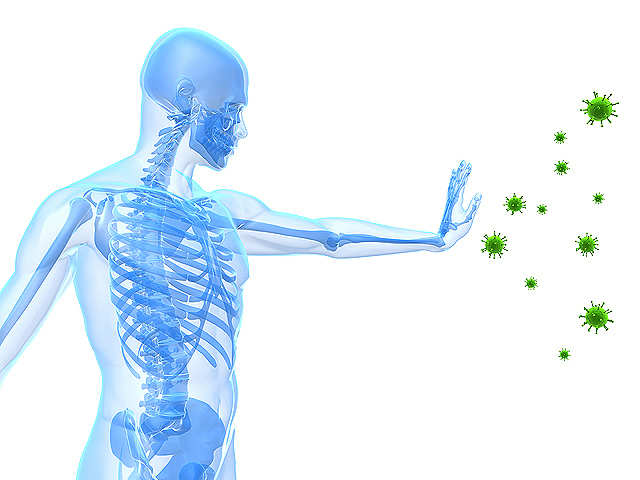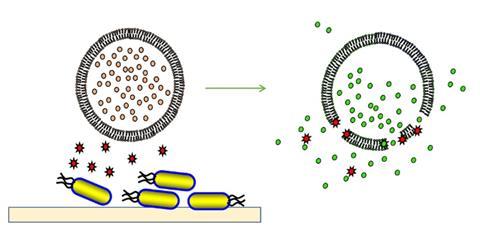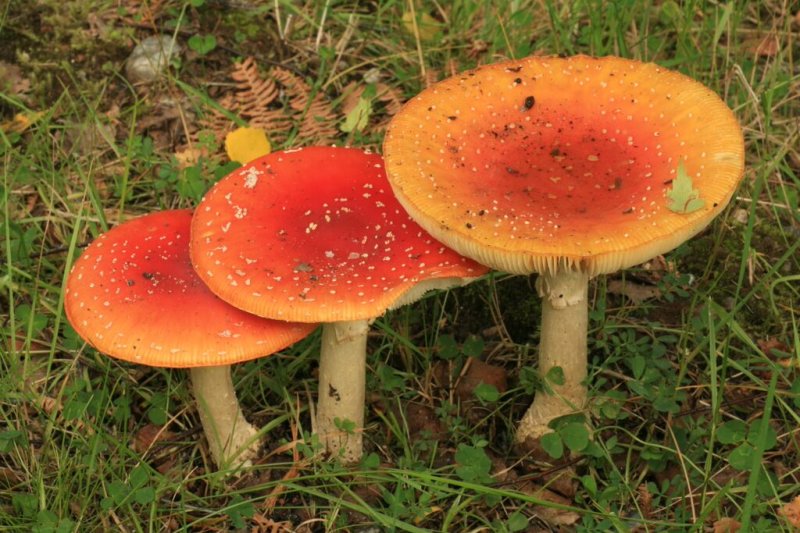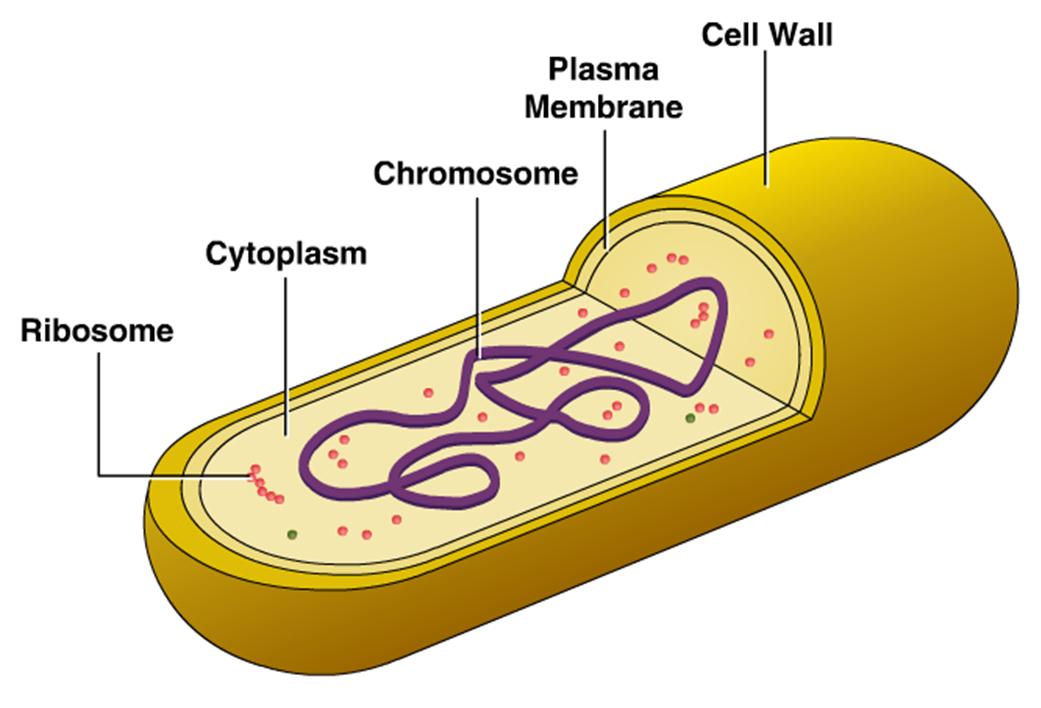Microbiology
Microbiology

Infection
Infection
An infection is the invasion of an organism’s body tissues by disease causing agents, their multiplication and the reaction of host tissues to the infecti...

Hypersensitivity
Hypersensitivity
Hypersensitivity refers to a condition in which immune response results in excessive reaction leading to tissue damage, disease or even death in sens...

HOSPITAL ACQUIRED INFECTION
HOSPITAL ACQUIRED INFECTION(NOSOCOMIAL INFECTION)
Nosocomial infection comes from Greek words “ nosus ” meaning disease and “ komeion ”...

Sterilisation and Disinfection
Sterilisation
It is a process by which an article, surface or medium is made free of all microorganisms either in the vegetative or spore form.
Di...

Immunization
Immunization-
Immunization is defined as the procedure by which the body is prepared to fight against a specific disease. It is used to induce the immune resistance of...

Immunity
Immunity-
Immunity is defined as the capacity of the body to resist pathogenic agents. It is the ability of body to resist the entry...

Bacteria Toxins
Toxins-
Bacteria produce toxins or poisonous substances by their growth. Toxins are complex proteins or substances much like proteins. There are two types of toxins na...

Immunoglobulins
Immunoglobulins (Gamma Globulins)-
The term immunoglobulin was introduced in 1959 for serum proteins formerly known as gamma globulins. Immunoglobulins are very imp...

Disease Producing RNA Viruses
Disease Producing RNA Viruses-
An RNA virus is a virus that has RNA (ribonucleic acid) as its genetic material. Another term for RNA...

Disease Producing DNA Viruses
Disease Producing DNA Viruses
A. Variola and Vaccinia Viruses
1. Variola Viruses (small pox virus)
Variola major
Variola minor

Viruses
Viruses-
Viruses may be defined as extremely small obligate intracellular living forms containing only one type of nucleic acid either DNA or RNA. Earlier they were ca...

Entamoeba histolytica
Parasites and Vectors-
Parasite- An organism which derives its nourishment at the cost of another organism (host) in or on which it lives is c...

Fungi
Fungi-
A fungus is any member of the group of eukaryotic organisms that includes microorganisms such as yeasts and molds, as well as the more familiar mushro...

Gram-Negative Bacteria
Gram-Negative Bacteria-
Gram-negative bacteria lose the crystal violet stain (and take the color of the red counterstain) in Gram's meth...

Gram Positive Bacteria
Gram Positive Bacteria-
The Gram-Positive bacteria take the Crystal violet stain used in the test, and then appear to be purple-colour when seen through an optical mic...

Bacteria
Bacteria-
Bacterial are unicellular prokaryotic, microscopic organisms and the unit of measurement used for measuring bacteria is micron (1 micron or micrometre is one...